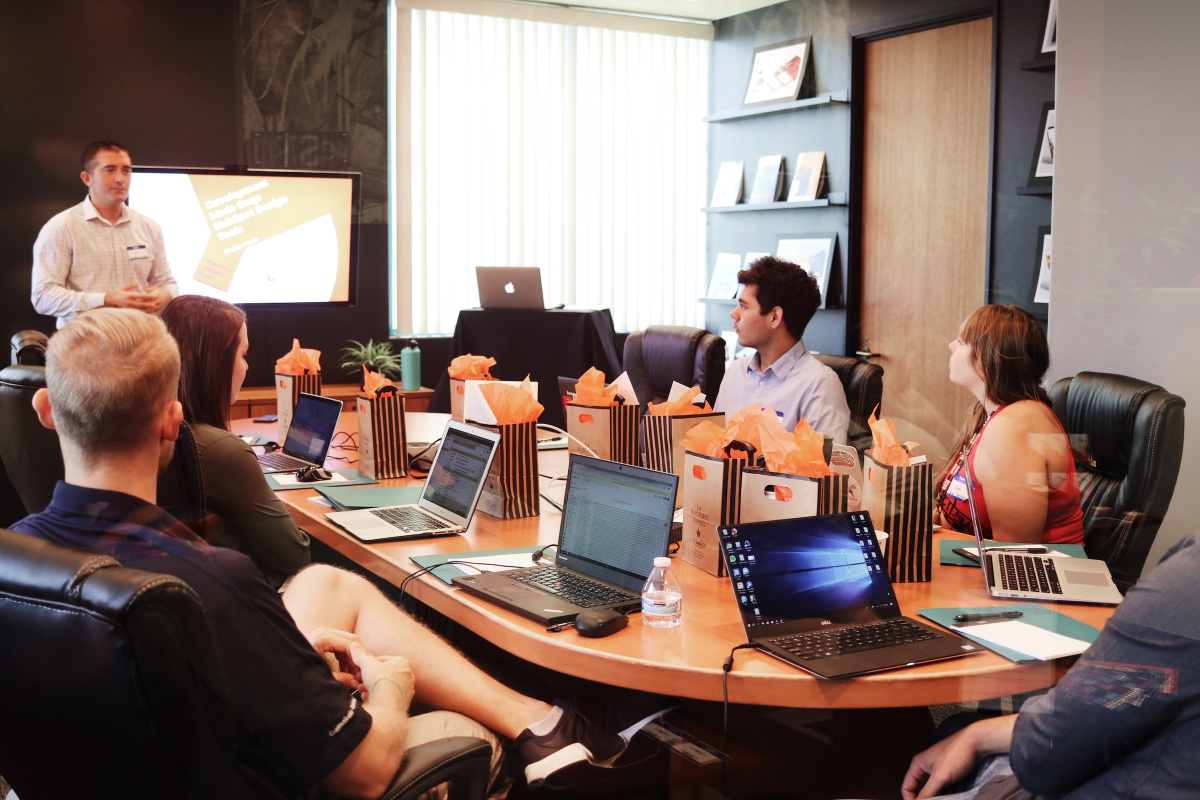The current professional landscape is full of professions that did not exist just ten or twenty years ago. With the rapid rise in technological advancement, the future of work promises to be radically different.
Read more: Guaranteed success: 4 professions for those who want to become rich within 5 years
In collaboration with Professor Karl Fry, economist and Associate Professor of Artificial Intelligence and Labor at the University of Oxford, the BBC Parents Toolkit Bitesize investigated the possibility Professions that could last until 2040.
The skills and specializations now needed to achieve these goals were also analysed Professions.
The world of renewable energy
The world is increasingly turning to new energy sources, with estimates suggesting that we can produce enough energy through wind and solar energy by 2050. However, achieving this goal requires scientists behind the scenes to develop the technology and contribute to its construction.
For Professor Fry, huge investments in the energy transition will be necessary, not only to replace existing sources, but also to meet future energy demands associated with artificial intelligence and new technologies. In addition to his scientific work, he highlights job opportunities in construction, such as installing solar panels.
Virtual reality developer
In the future, the work experience may include using VR headsets to access the metaverse, a virtual reality filled with 3D avatars. Instead of offices or video calls, meetings and interactions will take place in this virtual environment, requiring developers to create the necessary code.
While AI will help with basic programming, Professor Fry stresses the importance of human creativity in programming. Subjects such as Information and Communication Technology (ICT), mathematics and science are essential for anyone looking to become a VR developer.
Ethics in artificial intelligence
The development of artificial intelligence raises ethical concerns, prompting companies like Google and Microsoft to hire AI ethics specialists. These professionals conduct research to reduce the risks of unethical or inappropriate use of this ever-evolving technology. The demand for ethical experts is on the rise, making it a crucial profession.
For those interested in exploring ethics in AI, it is recommended to study subjects such as philosophy, ICT and business from the school.
Augmented reality artist
While many artists still associate artists with the use of brushes, some, such as game designers and art directors, use computer code in their work. Technological advances now allow reality to be expanded, adding digital elements to the real world. Digital glasses are expected to allow you to view artistic creations displayed digitally on buildings and streets.
For aspiring AR artists, ideal subjects include art, ICT, and graphic design.
Yoga instructor
Despite technological innovations, Professor Fry highlights the importance of professions centered around human interaction, such as yoga teachers. It highlights that personal communication in face-to-face classrooms remains crucial, highlighting the value of trust in relationships to motivate people.
Subjects such as Physical Education (PE) are relevant to those looking to pursue a career as a yoga instructor.
Gut Health Cook
Another profession that will continue in 2040 is the chef, but in a different style. Awareness about gut health is growing, and chefs will be able to create dishes in line with this perspective. Knowledge in food technology and science will be essential to understanding how gut health works.
Despite technological changes, Professor Fry emphasizes continuity in learning traditional subjects, highlighting the importance of not overly adapting education to every new technological trend.

“Incurable thinker. Food aficionado. Subtly charming alcohol scholar. Pop culture advocate.”






More Stories
NASA Releases Selfie of Perseverance Rover Working on Mars
NVIDIA driver includes hidden Final Fantasy XVI profile
PlayStation Plus Extra and Premium saw a significant drop in players in July